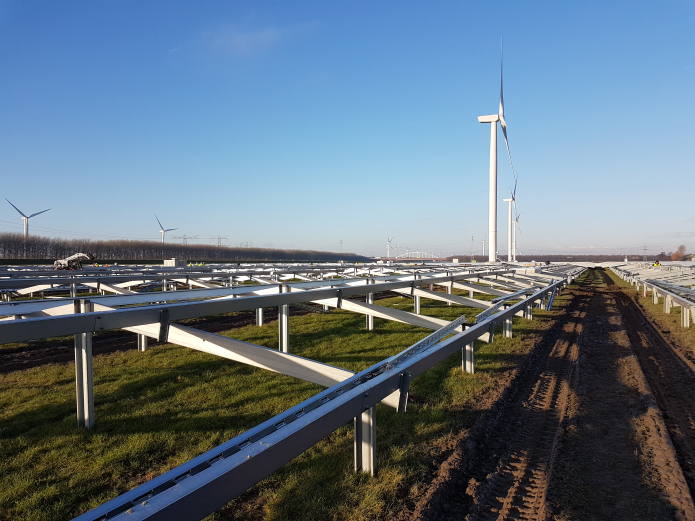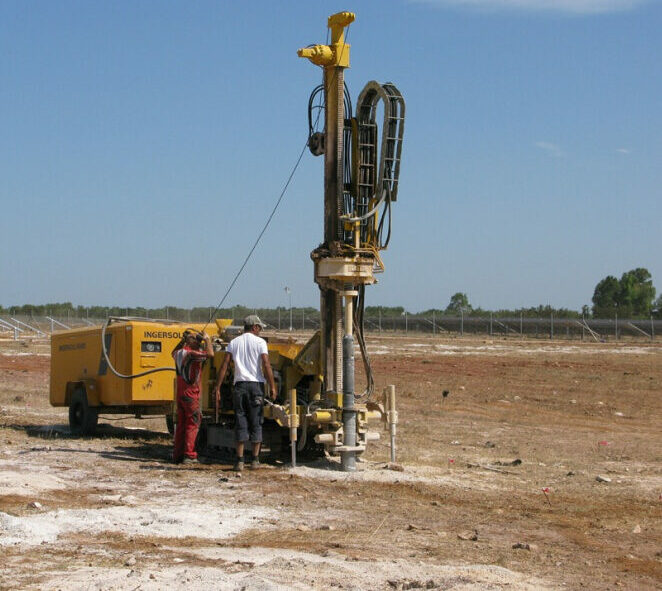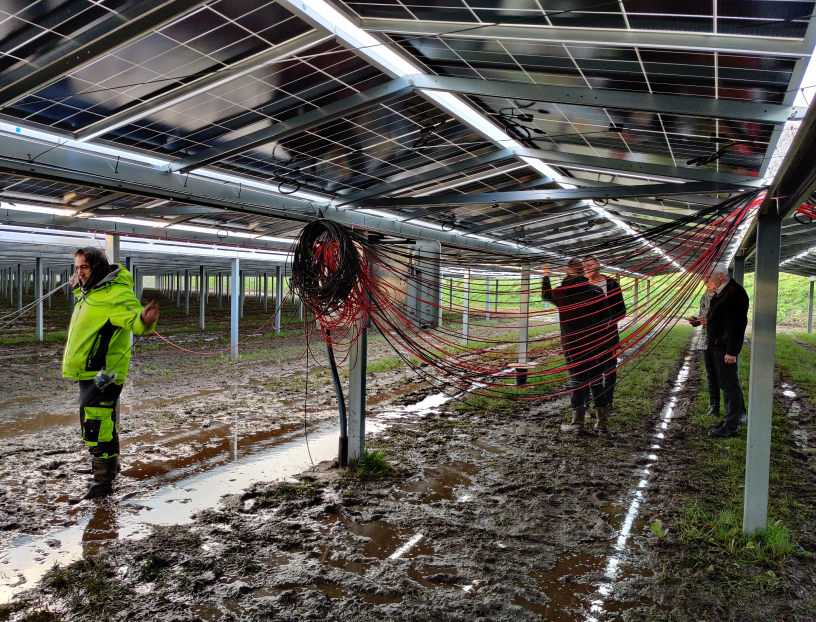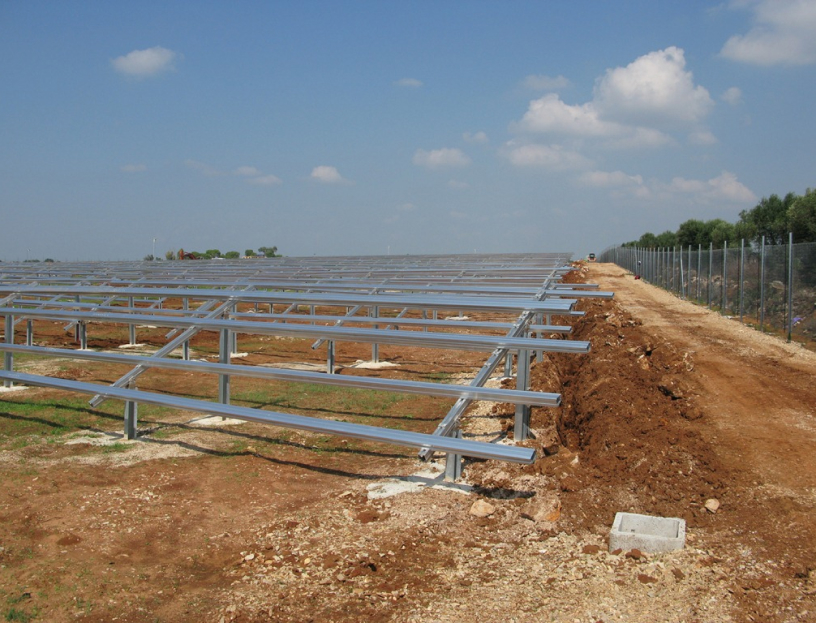Comprehensive Construction Bonds Guide
Understanding the various types of construction bonds is crucial for contractors, project developers, and suppliers. These bonds play a vital role in ensuring project success, safeguarding business interests, and effectively mitigating risks.
This guide provides a detailed explanation of the most common construction bonds. By familiarizing yourself with these bonds, you can safeguard your business or projects and strengthen your position in the market.
Below, you can examine each bond type and its role in construction.


Bid Bond
A bid bond is a legally enforceable instrument, a three-party agreement with specific obligations for each party.
It provides the project developer with the assurance from the surety that the bidder is not only qualified but will also take their obligations seriously and fulfil their commitments upon winning the bid.
Would you like more detailed information about bid bonds and how they can help your company win projects?

Payment Bond
A payment bond is a financial product that ensures a client (the contract party) fulfils their payment obligations. If the client fails to pay as agreed, the bondholder (the contractor) can claim the guaranteed amount from the surety that issued the bond. The surety will then seek reimbursement from the client.
This guarantee protects the contractor or supplier against the risk of non-payment by the client.
Would you like more detailed information about payment bonds?
Advance Payment Bond
The realization of a solar power project can involve significant upfront costs. Consider, for instance, substantial down payments to solar panel manufacturers for the production and delivery of panels, or costs incurred to improve the accessibility of a remote location before construction can begin.
In both cases, the contractor may need financial resources in advance to cover expenses. In return for these financial resources, the lender may require some form of guarantee to secure repayment.
This guarantee can be a letter of credit (bank guarantee) or an advance payment bond. Typically, this bond amounts to 10% of the contract value. Risk acceptance is almost exclusively based on the financial strength of the applicant.
Would you like more detailed information about advance payment bonds and how they can help your company?
Performance Bond
A performance bond provides the project owner with the assurance that they will be financially compensated if a project is not completed according to the agreed-upon contract. If you fail to meet your contract obligations, the project owner receives only financial compensation. There is no obligation to fulfil the contract.
This bond also serves as security for any additional costs your client might incur if you fail to meet your obligations. A performance bond is valid until a certain date, typically until the project is completed. The bond amount is usually 10% of the project or transaction value.
Performance bonds are often contractually required, along with a maintenance bond. The effective date of a maintenance bond also serves as the closing date of the performance bond.
Would you like more detailed information about performance bonds and how they can protect your projects?

Labour & Material Payment Bond
A labour and material payment bond is a financial product that ensures a contractor pays their subcontractors, suppliers, and workers according to the terms of the contract.
If the contractor fails to pay as agreed, the surety that issued the bond will settle the outstanding amounts. The surety will then seek reimbursement from the contractor.
Would you like more detailed information about labour and material payment bonds and how they can help your company?

Maintenance Bond
A maintenance bond, also known as a warranty bond, protects the project owner against issues related to workmanship, materials, or design that may arise after the project’s completion.
This bond obligates the contractor to resolve any problems that occur within the agreed warranty period at no additional cost ensuring that the delivered work remains of high quality throughout the warranty period. The effective date of a maintenance bond serves as the closing date of the performance bond.
Would you like more detailed information?
Decommissioning Bond
A decommissioning bond is a financial guarantee provided by a project developer or owner of a solar park to ensure that the installation is fully decommissioned and removed at the end of its lifespan.
This bond is typically required by the landowner or local government and ensures that the site is restored to its original condition after use.
Would you like more detailed information about decommissioning bonds and how they can help your company?
Interconnection Bond
When developing a new solar project, the additional power you generate must be integrated into the existing grid. This often requires modifications at the points where your installation connects to the grid.
An interconnection bond guarantees that you, as the developer, will cover the costs of these modifications.
Would you like more detailed information about interconnection bonds and how they can help your company?
Why Choose Solarif?
We offer tailor-made bonds that perfectly fit your project or business. Discover how we can help you with the right bonds.




